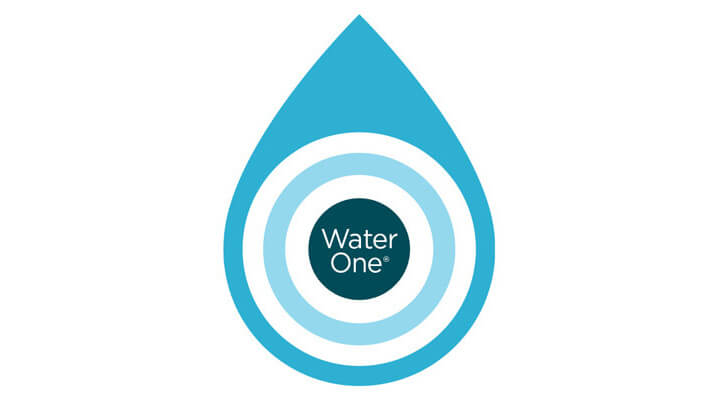Water purity has always been important in clinical chemistry and diagnostics, however ongoing developments in the approach to clinical testing and in the sophistication and range of tests available have made water purity even more critical.
Poor water quality not only directly affects the tests themselves, but it also impacts all aspects of analyzer operation. Good water purification system design - especially providing recirculation through the key purification technologies - is the key to effective and long-term bacterial control, which is the most challenging aspect of water purification.

The College of American Pathologists (CAP) recommends that all water used for any application in laboratory testing meet the Clinical Laboratory Reagent Water (CLRW) standard specified by the Clinical Laboratory Standards Institute (CLSI) as a minimum. In addition, instrument feed water must meet the instrument manufacturer’s specifications – which may be more rigorous than CLRW standards – to ensure accurate and reproducible results.
The CLRW specification limits four key types of impurity in pure water:
- Ions
- Particulates
- Organics
- Bacterial by-products
| Standards for Clinical Laboratory Reagent Water (CLRW) | |
|---|---|
| Resistivity @ 25°C (megohms-cm) | ≥10 |
| Conductivity @ 25°C (micromhos/cm) | 0.1 |
| Bacterial Growth (cfu/ml) | <10 |
| Organics | <500 ppb |
| Particulate Matter | 0.22 µm Filter* |
*The requirement is a process specification, and not measured by the end-user
Evoqua is your trusted partner for the design and development of laboratory water purification systems for healthcare applications. Our technical experts can help select the right solution to meet CLRW standards and ensure consistent water quality and quantity.






